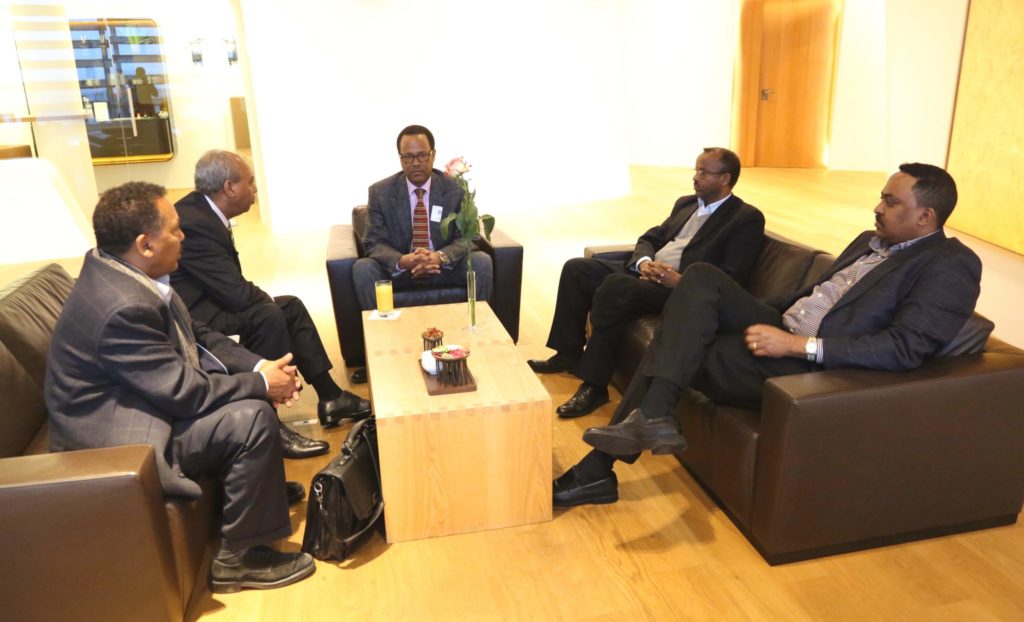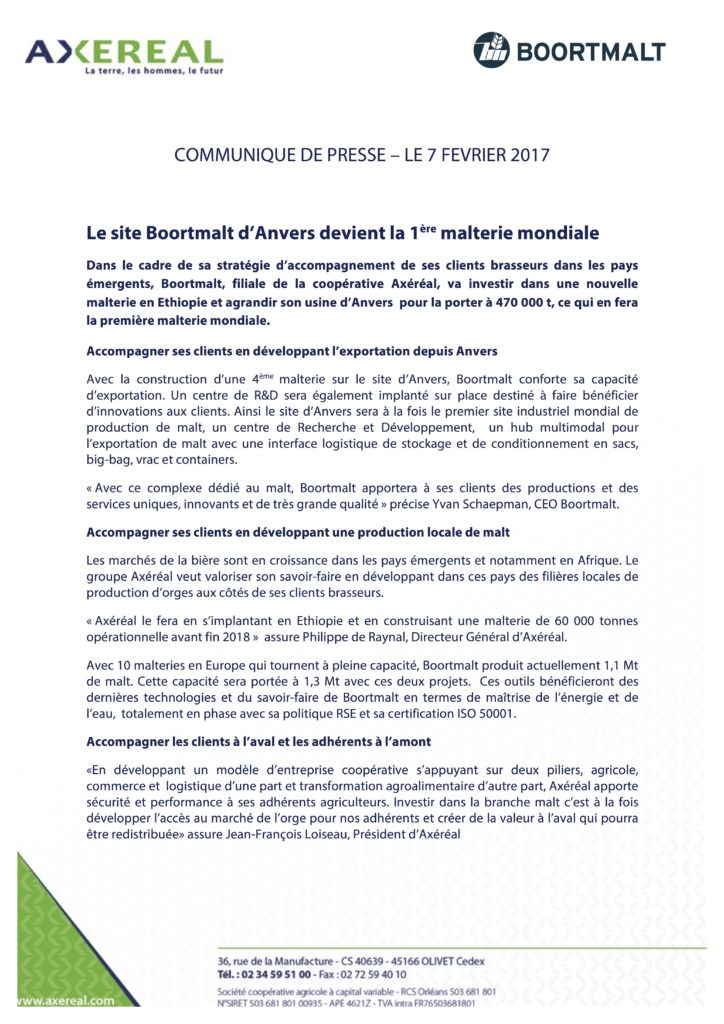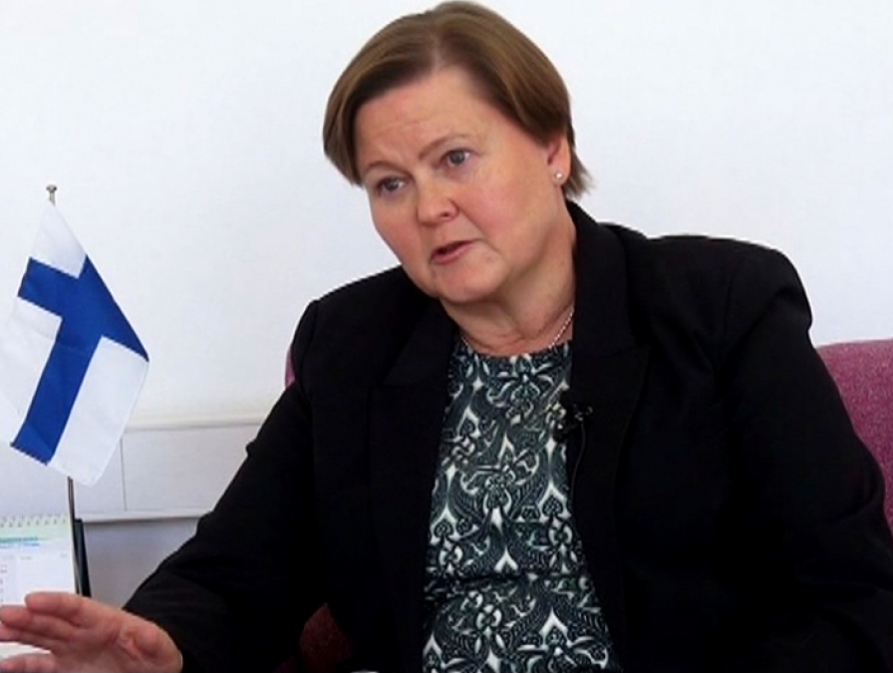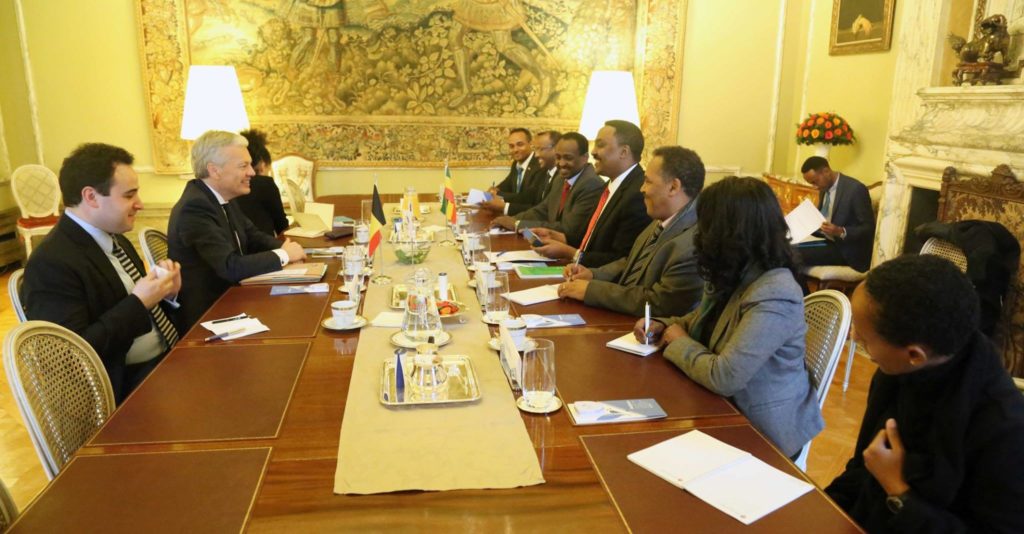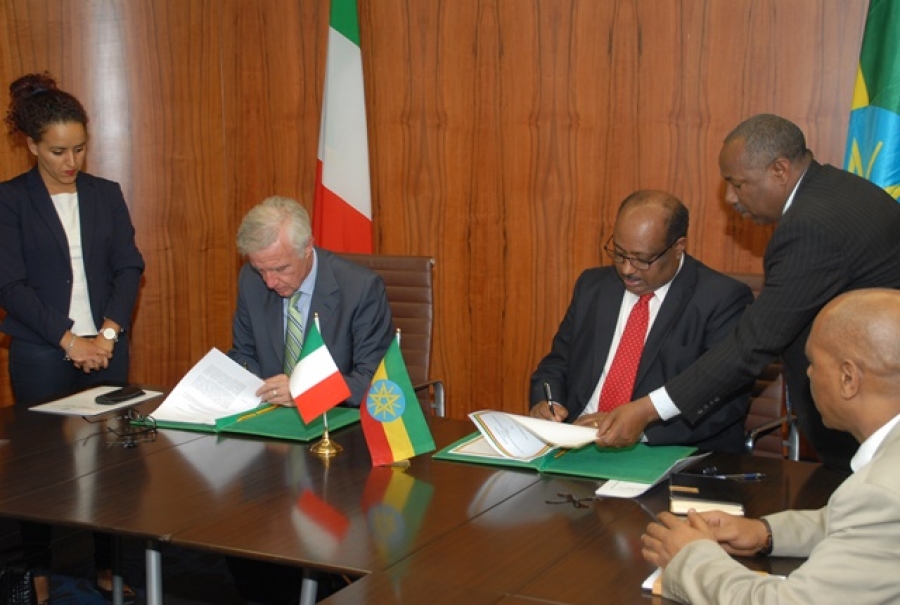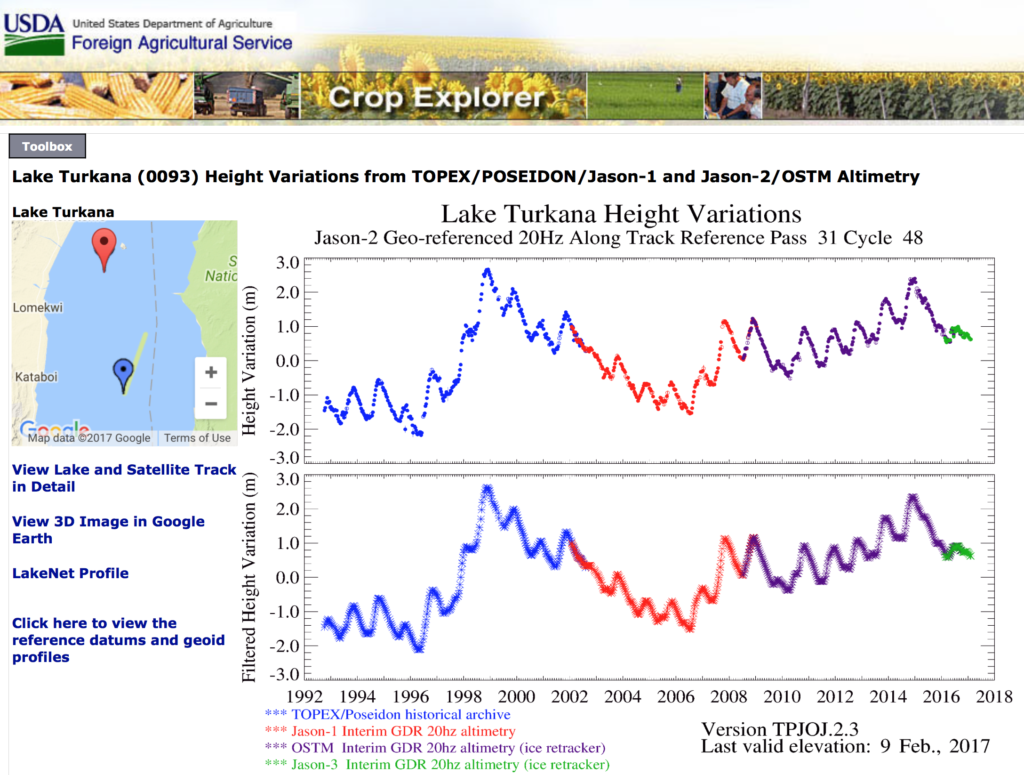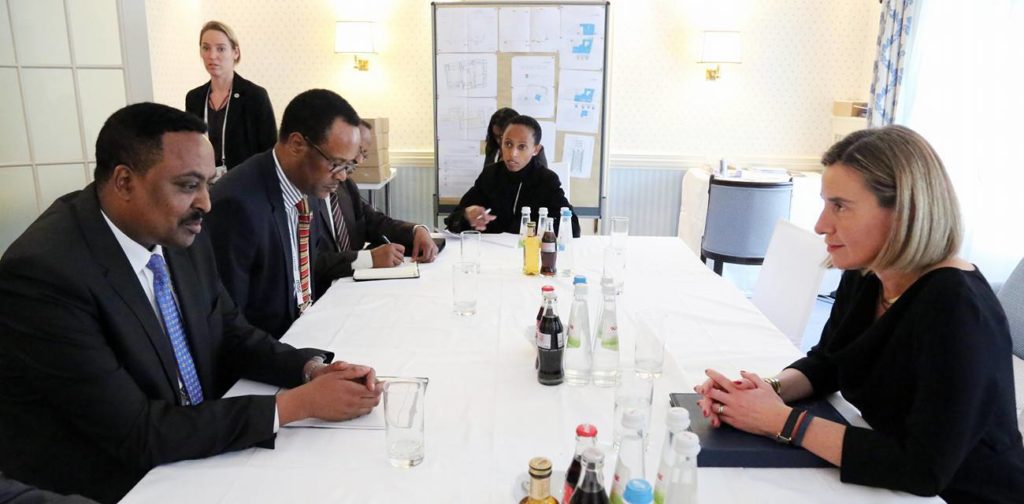Minister of Foreign Affairs of Ethiopia, Dr.Workneh Gebeyehu, arrived in Munich – Germany to attend the 53rd Munich Security Conference (MSC), which is scheduled for February 17 to 19, 2017.
Just ahead of the 53rd edition of the Munich Security Conference which opens on Thursday, the Munich Security Conference Foundation released the third edition of its annual report on key issues in international security.
“The international security order today is probably more volatile than at any other point after the end of World War II.” With these words, Ambassador Wolfgang Ischinger, chairman of the Munich Security Conference, welcomed the about 300 guests of the traditional MSC Kick-off event at the Bavarian Representation in Berlin on February 13, 2017.
Ischinger gave a first overview of the topics of the upcoming Munich Security Conference and presented the new Munich Security Report. Entitled “Post-Truth, Post-West, Post-Order?”, the report compiles a variety of analyses, data, statistics, infographics, and maps on major developments and challenges in international security. Ischinger’s summary: “The West is shaken to its very foundations.”
Among the key topics of this year’s MSC 2017 are Cyber, Health, Energy and Climate Security issues, Terrorism and Extremism, the war in Syria and the future of the European Security Order.
European and Global Cooperation as well as Global Order are also among issues on the agenda.
A selection of Official partner events will take place on the sideline of the Conference on which issues of fighting the root causes of Migration and Economic Cooperation as a new Deal for Africa will be addressed on a panel discussion by German-Africa Business Association
There will also be Discussion on ‘Building Security in Post-Conflict Country: Beyond ‘Guys and Guns ‘in Somalia hosted by the United Nations.
MSC is an independent forum dedicated to promoting peaceful conflict resolution and international cooperation and dialogue in dealing with today’s and future security challenges. Over the past five decades, the Munich Security Conference (MSC) has become the major global forum for the discussion of security policy. Each February, it brings together more than 450 senior decision-makers from around the world, including heads-of-state, ministers, leading personalities of international and non-governmental organizations, as well as high ranking representatives of industry, media, academia, and civil society, to engage in an intensive debate on current and future security challenges. In addition to its annual flagship conference, the MSC regularly convenes high-profile events on particular topics and regions and publishes the Munich Security Report.
Source: http://www.mfa.gov.et/web/guest/-/dr-workineh-arrives-in-munich-germany-to-attend-the-53rd-munich-security-conference
